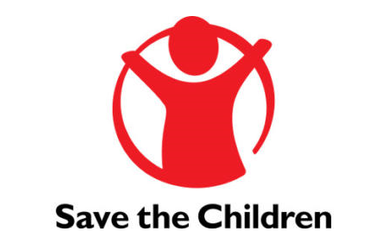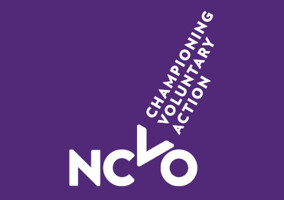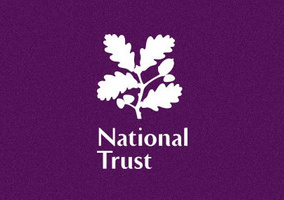Save the Children UK is not an inclusive organisation for all its staff and institutional racism exists within it, the charity has said in its diversity and inclusion strategy.
The strategy, Free to be me, was published yesterday and sets out plans to build equity and inclusion for marginalised groups, both within and outside the charity.
The strategy covers three issues: “We are not inclusive in culture or structure”; “We are not representative of the communities we work with and for in the UK”, and “We need to interrogate who we are and what we do in the light of our history and aims”. It sets out a series of commitments to tackle them, including improving representation at director and manager level.
The charity said that the new strategy sprung from reviews of its workplace culture after the Charity Commission inquiry into allegations of sexual harassment at the charity, launched in 2018.
A quarter of the leadership to be people of colour
Save the Children pledged that by the end of 2021 people of colour will make up a quarter of its executive leadership team.
Similarly, it said that it will carry out an “audit” of its senior managers to make sure that a quarter of them are from marginalised groups over the next 12 months.
The charity also pledged to reduce its ethnicity pay gap, which currently stands at 4.9% of mean salary.
‘Systemic oppression and injustice’
The strategy looks critically at the current “state of play” and deals with a series of issues, including sexual harassment. It also acknowledges that “institutional racism exists within UK society, the charity sector and our organisation”.
The foreword, signed by Kevin Watkins, CEO of Save the Children, and by Kajal Odedra, diversity & inclusion trustee, says: “The systemic oppression and injustice that permeates society across the UK also permeates Save the Children UK’s culture. Through this strategy we name, own and acknowledge the wrongs experienced by our people, past and present.”
While Save the Children admits to having insufficient data on the topic, the strategy also estimates that “at any one time, 20-30% of the organisation feels excluded in some way because they belong to a marginalised group”.
The strategy includes an action plan with a series of commitments and deadlines, including launching a bi-annual inclusion survey, a mentorship programme for marginalised groups, and building new entry pathways into the organisation for marginalised groups.
‘On the wrong side of anti-colonial struggles’
While the strategy’s main focus is internal, it also addresses decolonialisation and white saviourism, recognising that in the past the charity has not always spoken out against the legacy of slavery and colonialism.
The foreword says: “There are periods in our history when we either kept silent or stood on the wrong side of anti-colonial struggles.”
Commitments on “decolonising development” include making it easier for local people to get to leadership roles in country projects, and reviewing programmes to make sure they are inclusive for all children.
This side of the strategy is the “least developed”, the charity said, as it expects progress in this area to be slower but because it requires for it to look at “every aspect of our business model and way of operating”.
‘Change will require transformative cultural and structural shifts’
Kevin Watkins, CEO of Save the Children UK, said the strategy is just the first step.
He said: “Articulating what needs changing is a first step towards healing. The next steps are more difficult.
“Achieving change will require transformative cultural and structural shifts – and that includes people with power and privilege acknowledging their part in the problem, listening to and learning from those at the sharp end of systemic oppression and injustice, and acting as allies for change.”












